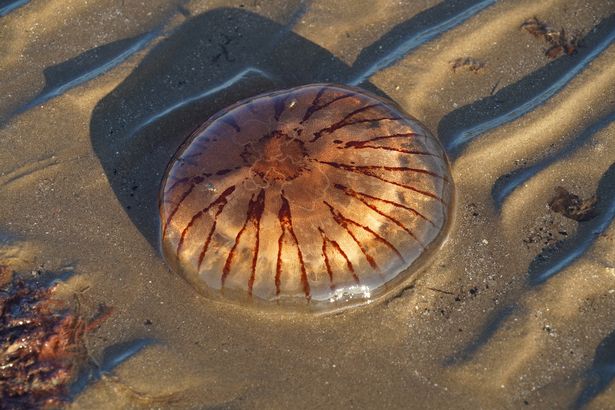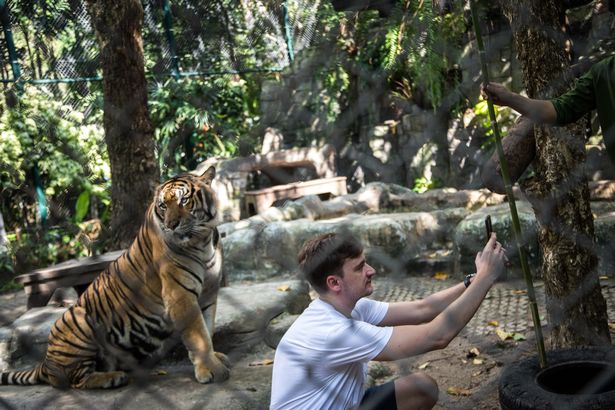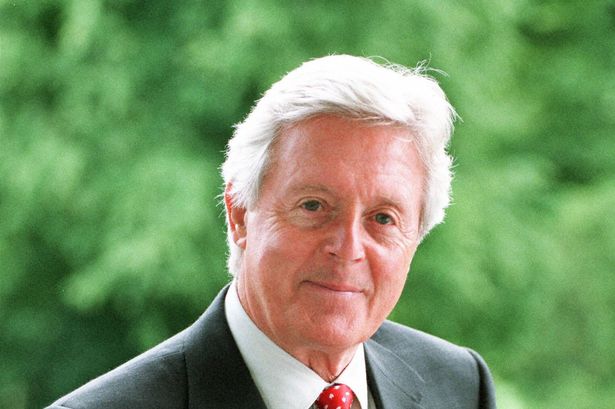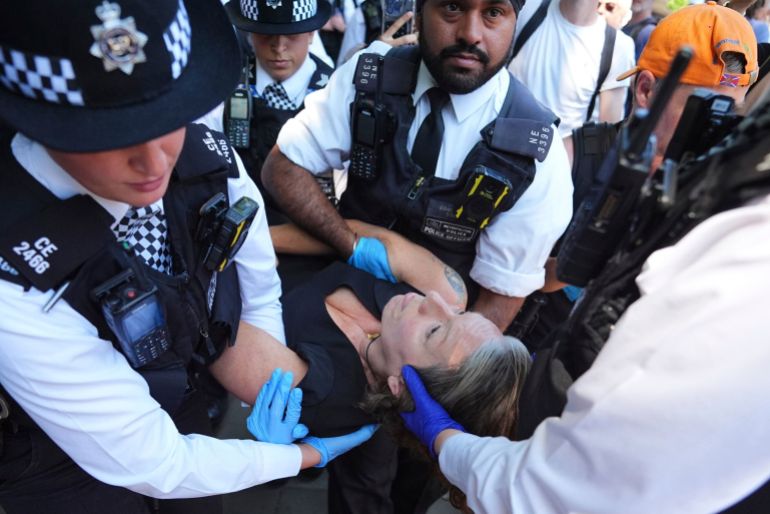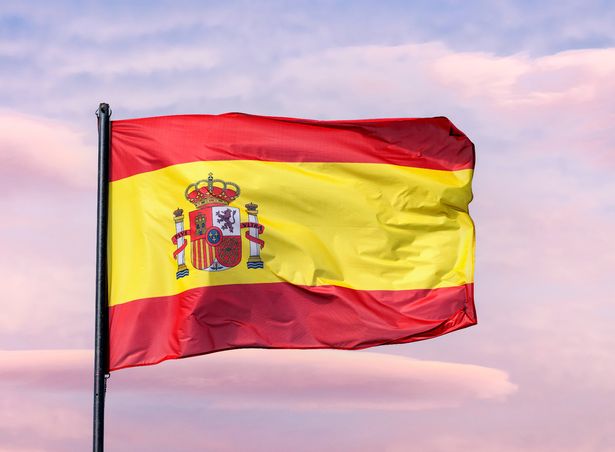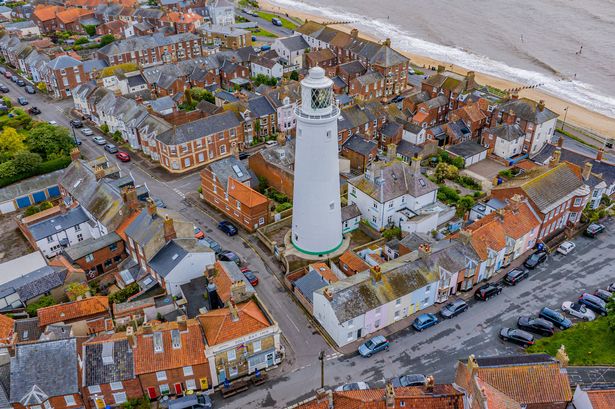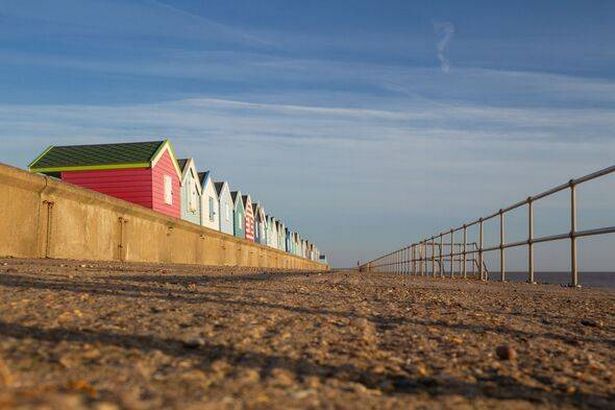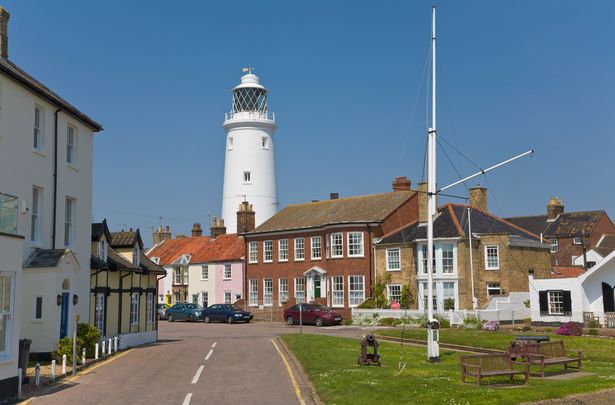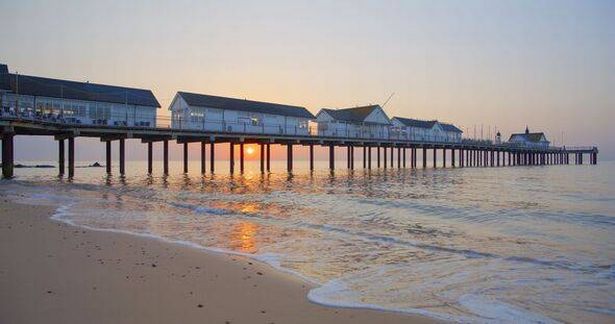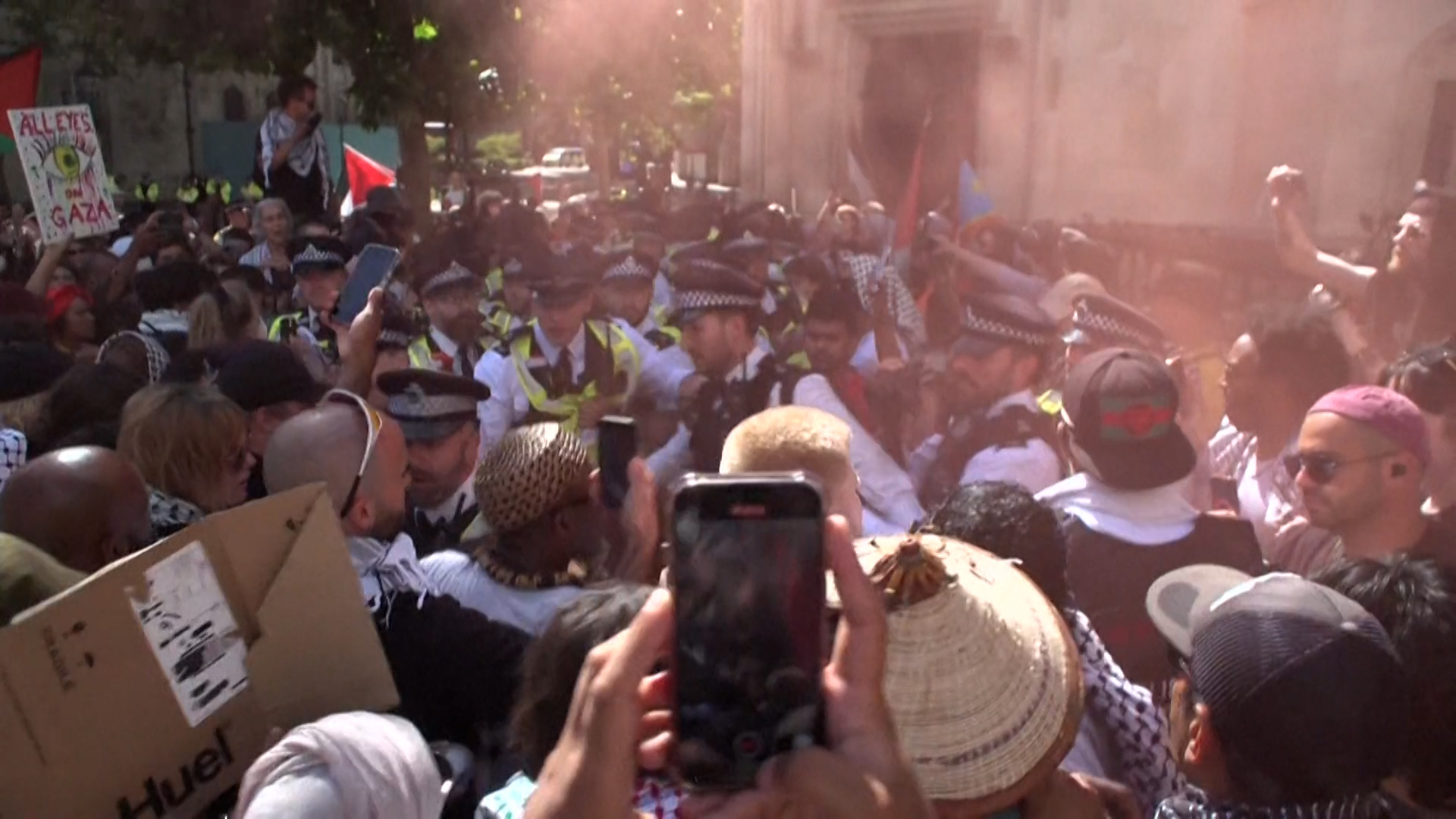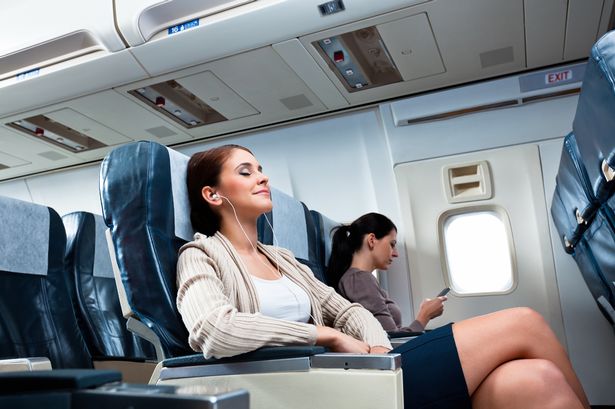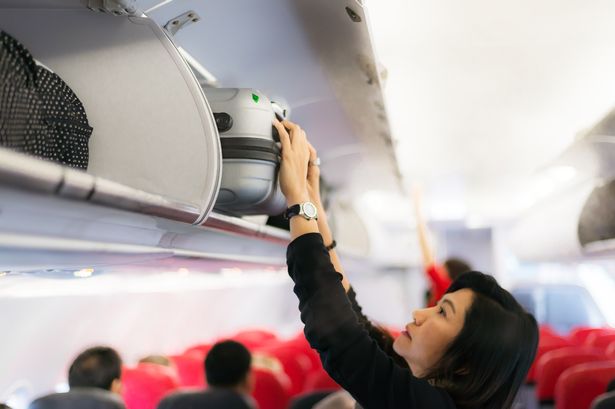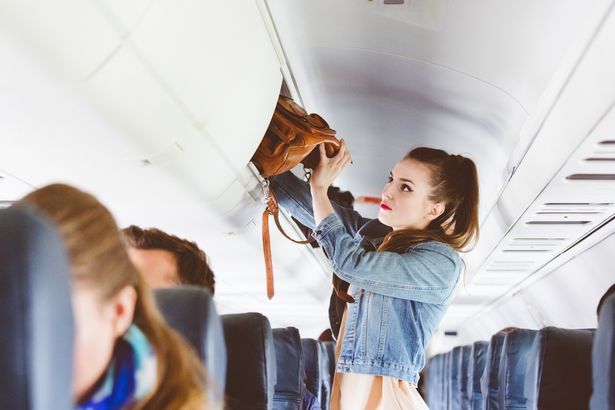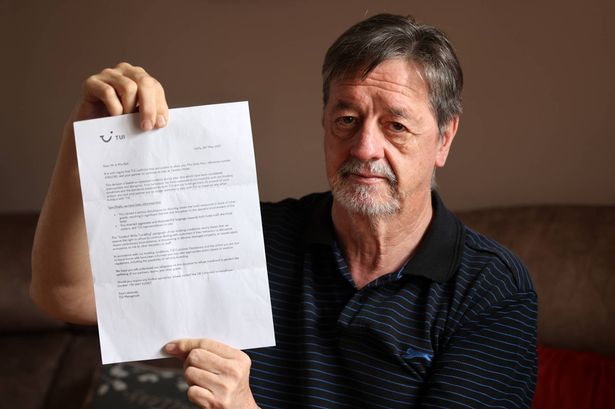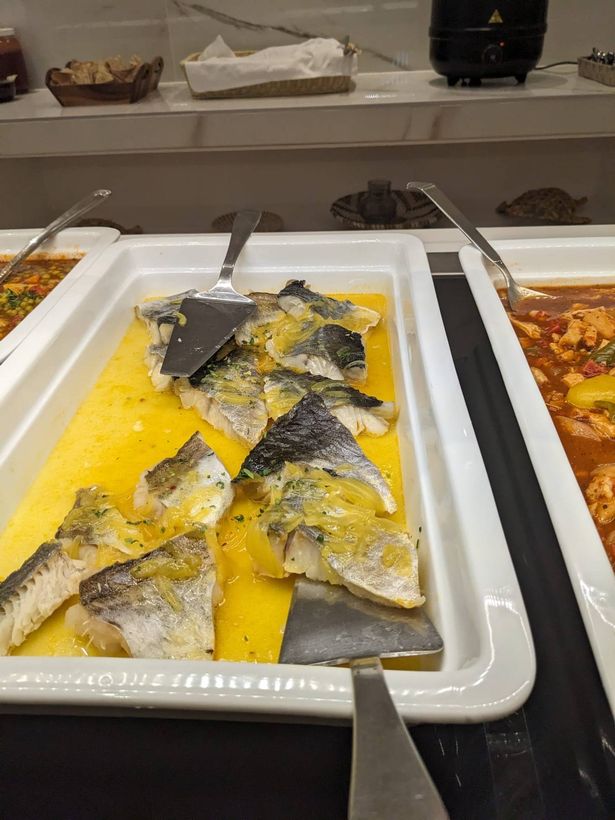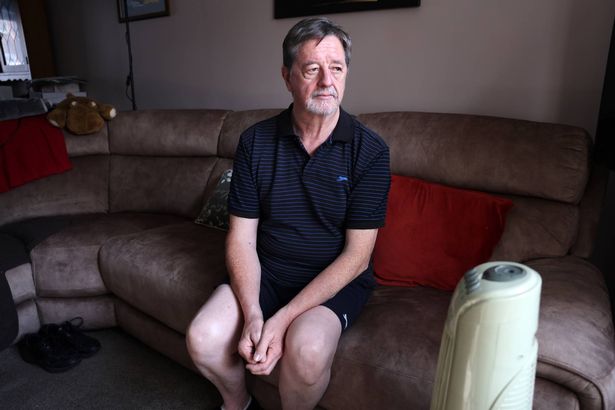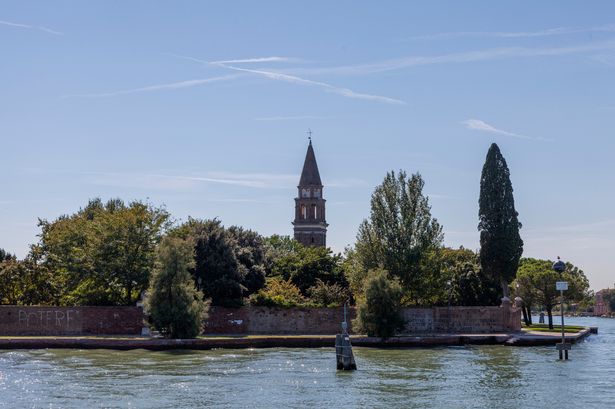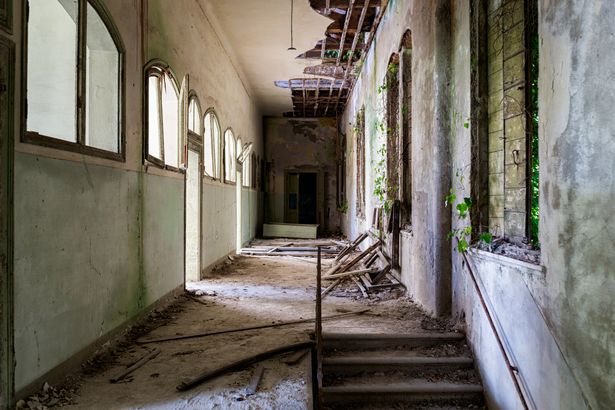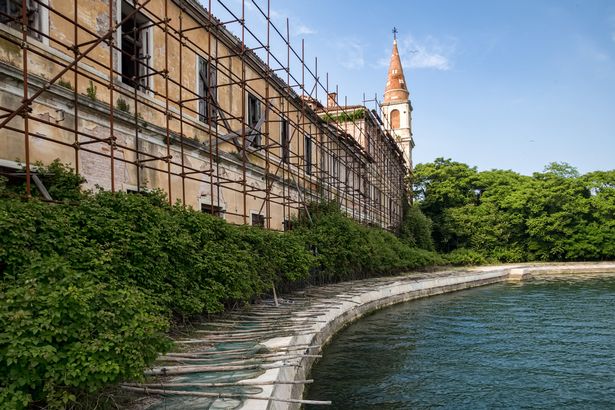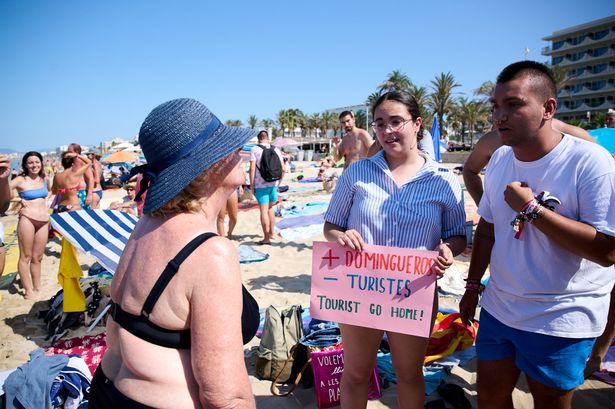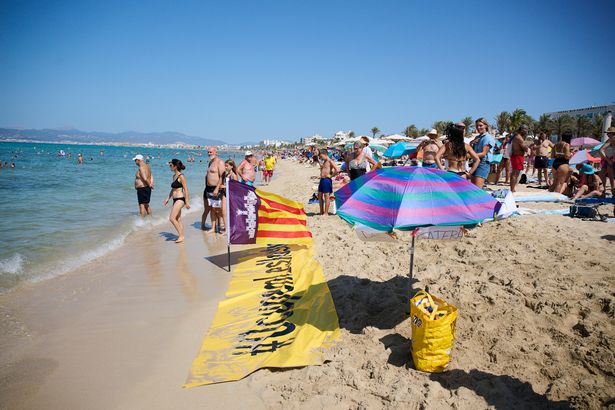Swimming has been banned at certain beaches in theBasque region of the North of Spain after Portugese man o’ war stung swimmers, landing at least two people in hospital
Sunseekers have been banned from swimming on some beaches after a spate of Portuguese man o’ war stings.
On Thursday alone, seven people received nasty stings from the jellyfish-like animal, bringing the total number of people hurt by the creatures’ 10-metre-long tentacles in Bizkaia this past week to 14. Overall, 36 swimmers have been stung in the Basque Country in the past week.
The warm summer waters of the north of Spain and southwest of France are particularly welcoming to man-o’-war, which aren’t actually jellyfish but siphonophores, a group of animals that are closely related to the blobby critters. The man o’ war invasion comes after multiple giant “alien” jellyfish were found washed up on a British beach, causing concern among the country’s barefoot beachgoers.
READ MORE: ‘I went sunbedless for a week because I refuse to be selfish like everyone else’READ MORE: Beautiful city with stunning architecture is Europe’s ‘best-kept secret’
This week, several people required medical attention from Osakidetza’s Emergency Service at the scene of the incident, with two being sent to the hospital for treatment.
The Basque Government’s Department of Health explained that swimming is generally best avoided if jellyfish or Portuguese man o’ war are present, and touching them, even if they are on the sand, is not recommended. In the event of a sting, it is advisable to go quickly to the first-aid station, not scratch or rub the area, and clean the area with seawater, never fresh water.
Debris should be removed with tweezers, not with your hand unless wearing gloves. It is also advisable to apply cold or ice in a plastic bag to the area for five minutes.
A series of measures are currently in place at beaches in the area, ranging from the display of a yellow ‘jellyfish’ flag warning of their presence to a total ban on swimming, which is communicated via a red flag.
Mirror Travel newsletter
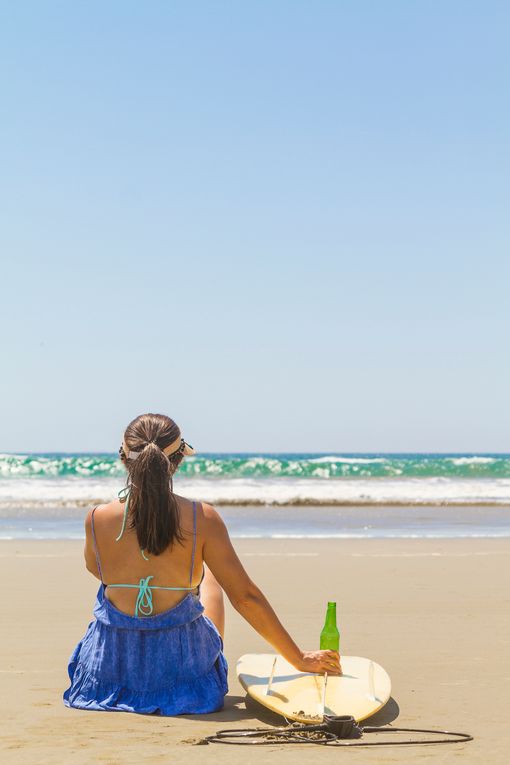
Sign up for some,of the best travel stories every week, straight to your inbox
Mirror Travel
You can get a selection of the most interesting, important and fun travel stories sent to your inbox every week by subscribing to the Mirror Travel newsletter. It’s completely free and takes minutes to do.
Over in the UK, Joel Gabirel, an engineer and amateur photographer, shared pictures of the creatures after he stumbled across them while on holiday in Llandudno, Wales. The 31-year-old was out for an early morning walk along the coast when the tide was out, when he spotted what he calls “danger pancakes” blending into the sand.
“Jellyfish are already dead by the time you find one. They’re 95% water and dehydrate within minutes of washing ashore. They’re basically a digestive system with some tentacles. They don’t have a brain. But they can still sting. Seeing the jellyfish and their sizes really surprised me,” he said.
Joel said he didn’t even spot the larger ones at first because he thought they were rocks. The beachgoer seems to have stumbled across several different types of jellyfish. The species with straight lines running from its peak down to its edge appears to be a compass jellyfish.
“With brown markings reminiscent of a compass, this jellyfish is really quite distinctive. A summer visitor to our shores, the compass jellyfish feeds on small fish, crabs and even other jellyfish. They give a nasty sting, so if you spot them during a visit to the beach – look, but don’t touch! Once they have stung something, jellyfish often leave the tentacle behind and can continue to sting using it even when not connected to their body,” the Wildlife Trust explains.


